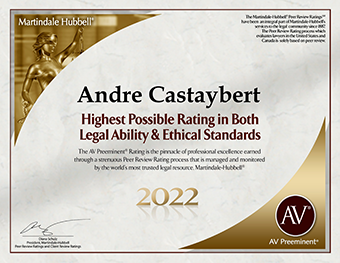Celebrities have long registered trademarks for their names. Now, college football coaches are getting into the trademark game, too. USC football coach Steve Sarkisian has registered a trademark for “Sark” and “Coach Sark” for clothing and an online retail store, according to CBSSports.Com and Trademarks + Brands. Apparently, other coaches have already gotten into the act, including the coaches from Auburn, Ohio State and Clemson. After the landmark decision ruling that the NCAA could not prevent players from selling the rights to their names and likenesses, we can expect college athletes to be trademarking their names as well.
For the full story from Trademarks + Brands, click here.
To read about the ruling against the NCAA regarding compensation of college athletes for use of their likenesses, see CNN’s story here.
For more information about CASTAYBERT PLLC’s intellectual property law and trademark practice, click here.







